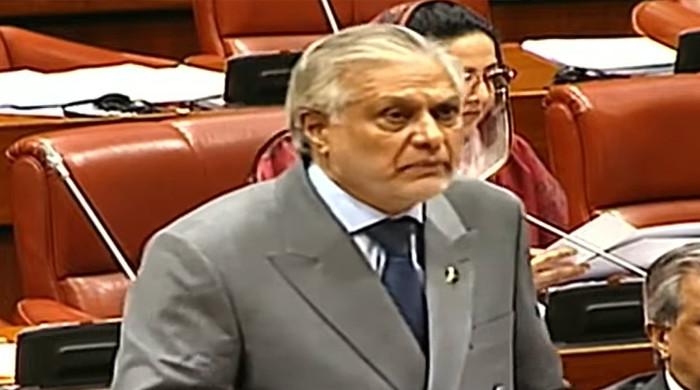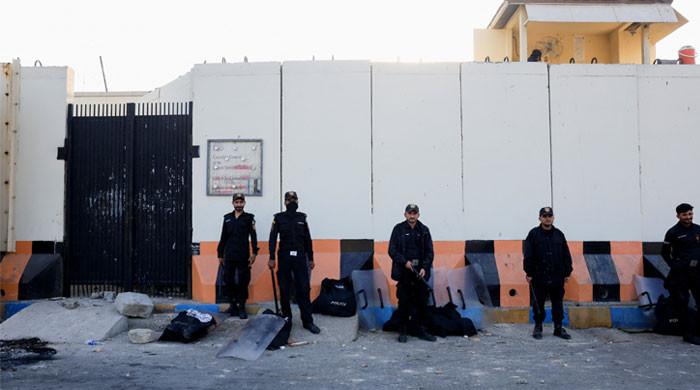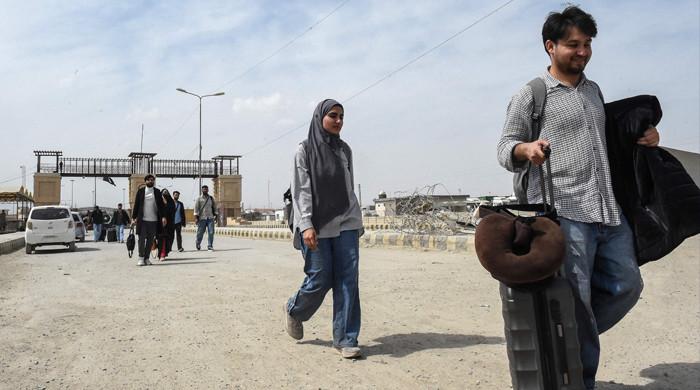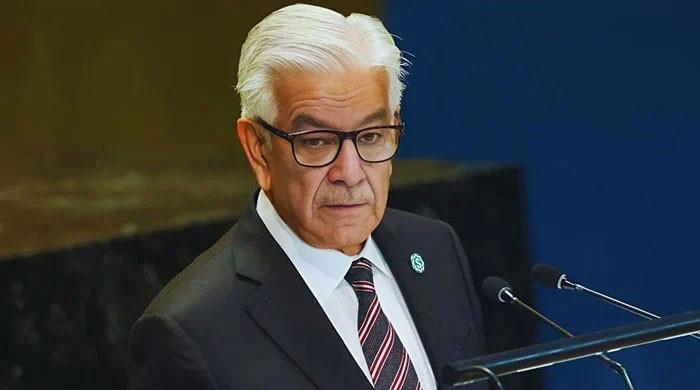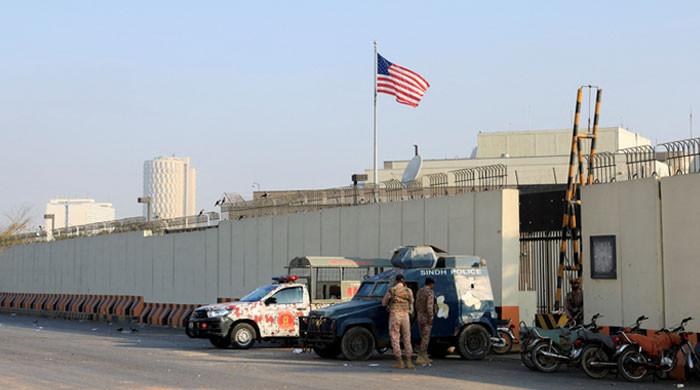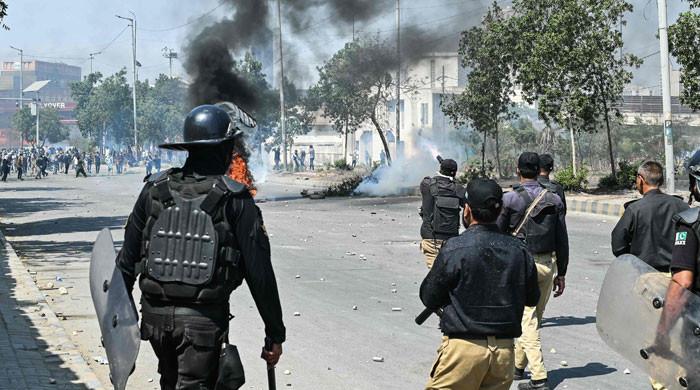Unchartered territory: Panelist highlights plight of Pakistan's undertrial women prisoners
Barrister Shahida Jamil deplores conditions of prisons which have rat infestation and overflowing sewage
May 09, 2018
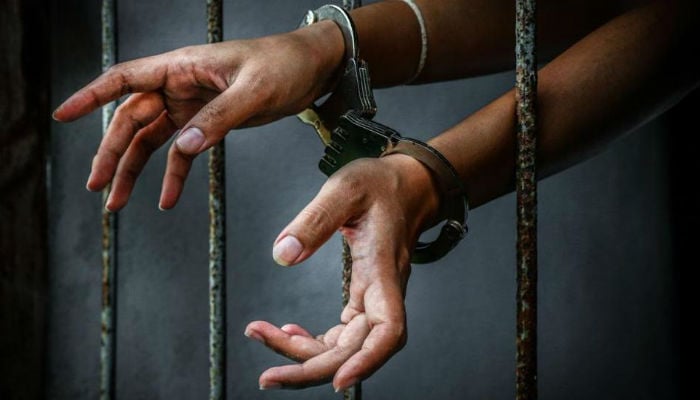
The case of Asma Nawab, who was acquitted in a triple murder case after twenty years, took social media by storm. The woman had spent the majority of her life inside the walls of the prison for a crime she never committed.
The case highlighted the loopholes and the delay in Pakistan’s justice system. However, many such innocent women are still seeking justice. The plight of the female prisoners was detailed by Barrister Shahida Jamil while speaking at the panel discussion on ‘Empowering Youth for a Peaceful, Inclusive and Just Pakistan’ at Marriot Hotel on Tuesday.
With regard to the United Nations’ Sustainable Development Goal No 16 (Peace, Justice and Strong Institutions), she highlighted the faults with the country’s justice system which has a considerable effect on undertrial women prisoners.
These women are especially vulnerable as they have been placed alongside convicted felons. “Their husbands desert them as it is considered social stigma to visit your imprisoned wife time and again, these women have no social backup. Those with children choose to raise them inside the prison as they cannot leave them alone,” she pointed out.
Jamil also deplored the conditions of the prisons which have rat infestation and overflowing sewage. In such a situation, the prisoners became susceptible to a wide range of diseases including hepatitis, malaria, and tetanus.
Empowering youth
One of the dominating themes of the event was the need to empower the youth in Pakistan. USAID Deputy Mission Director John-Smith Sreen in his opening remarks pointed out that the youth have an incredible presence in Pakistan, which has the fifth largest youth population.
NED University Professor Dr Noman Ahmed while weighing in on the issue shared that the youth have been disconnected from the decision making process. He believed that youth lost their voice the day government banned student unions. “It was a way students used to organise themselves to respond to country’s politics,” he said.
Moreover, Chairman Youth Parliament Pakistan Rizwan Jaffar remarked: “The biggest investment is the investment in youth.”
The discussion then moved towards different ways to empowering and actively engaging the young people. “Skill development is as important as education to empower the youth,” pointed out Institute of Business Administration Psychology Professor Dr Gulnaz Anjum.
Sree remarked that at least 600,000 jobs are needed to cater to the youth in Pakistan, adding that 350,000 jobs are provided by development organisaions working in the country. “We need to increases our efforts so the youth can drive economic growth.”
Referring to these statistics, Bargad Project Coordinator Noor Imran Imran said: “600,000 jobs can’t be created by the government unless we invest in other avenues.”
Adding to the discussion, Asfandyar Khan of Azme Naujawan, an organisation solely catering to the country’s youth, remarked that the youth don’t feel they are respected with regard to their career decisions and lifestyle choices.
‘Civil society is in deep coma’
Sports and Youth Affairs Sindh Secretary Niaz Ali Abbasi questioned the ‘silent’ role of civil society in seeking action, he claimed that the civil society is in a “deep coma”. “Every one of us is responsible for our backwardness,” he said.
While reprimanding the youth, for doing nothing all day long except for being busy on their smartphones. Responding to this, a female student called out to the "terrible generalisation" made by the secretary.
He further remarked: “We have failed to control our population.” He added that civil society and government must collaborate and move forward in this regard.




